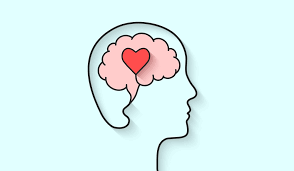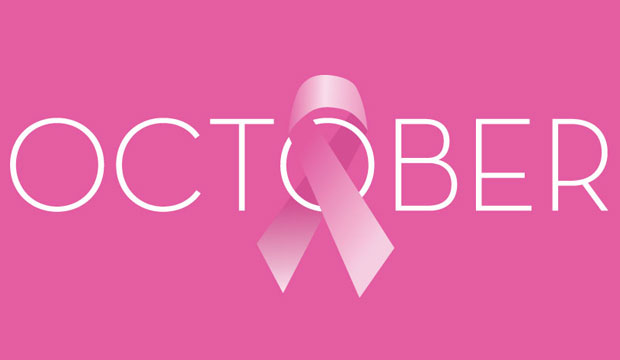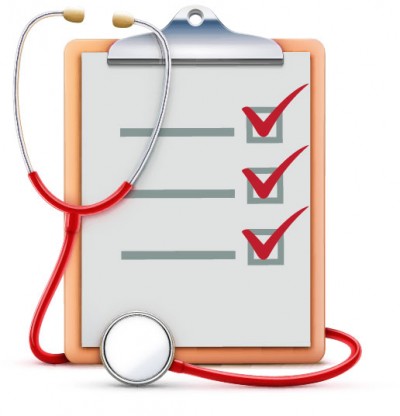BLOG

Mental Health
Why it matters: Four in ten American adults have reported anxiety or depression since the COVID-19 pandemic and resulting economic downturn began, says KFF.org . Changes in employment, income loss, and lack of childcare have created a mental health crisis....

Happy Holidays
We wish you and yours a Happy Holiday Season and 2018. Filled with excited anticipation, We welcome the hope and potential that comes with starting anew. Demetrius, Martha, Elizabeth, Selena, Ana, Sam, Lenora, John, Paul, Alondra and Toni.

October -Breast Cancer Awareness Month
Cancer is a scary word no one wants to hear. Unfortunately for many, this month we want to bring awareness to a cancer that can be deadly in women. Breast Cancer!!! There are many survivors and many who are currently fighting cancer, if you have a love one or you are...

End of month
The end of September is closer than we think, the end of the month brings many things to mind, for employers making sure we processed employee terminations or new hires paperwork. Some are busy closing the books or running payroll. In our personal lives, we are busy...

September is Prostate Cancer Awareness Month
Sam Pineda has been part of the Navarro Insurance Group Family for 12 years. He not only sells insurance but also educates the employees and owners of the benefits they have purchased. He speaks at each enrollment meeting about the importance of having an Annual Exam...
Mental Health Awareness Month
Mental Health Awareness Month (May) was established in 1949 to increase awareness of the importance of mental health and wellness in Americans’ lives and to celebrate recovery from mental illness. If you need help or are seeking assistance, call or text 988 or chat 988lifeline.org you can also call 800-662-HELP (4357).
Facts & Figures:
- One in five adults (57.8 million adults) in the U.S. experienced mental illness in 2021.
- 47.2% of U.S. adults with mental illness received treatment in 2021.
- 65.4% of U.S. adults with serious mental illness received treatment in 2021.
- Suicide is the second leading cause of death among people aged 10-14 and the third leading cause of death among those aged 15-24 in the U.S.
- At least 4 million people in the U.S. provide care to an adult with a mental or emotional health issue.
- The average delay between symptom onset and treatment for mental illness is 11 years.
Source: https://www.thenationalcouncil.org/mental-health-awareness-month/
Mental Health Resources:
- FindTreatment.gov: The confidential and anonymous resource for people seeking treatment for mental and substance use disorders in the U.S. and its territories.
- 988 Suicide & Crisis Lifeline: The Lifeline provides 24/7, free and confidential support for people in distress, prevention and crisis resources for you or your loved ones, as well as best practices for professionals in the U.S.
- The Trevor Project: 24/7 crisis support services to LGBTQ+ young people. Text, chat or call anytime to reach a trained counselor.
Maternal Mental Health
Maternal mental health conditions, such as depression, anxiety, and substance use disorder are the most prominent complications of pregnancy, childbirth, and postpartum, affecting 1 in 5 women. According to the CDC, 1 in 8 women experience postpartum depression, and 50% of them are untreated.
Source: https://www.aha.org/maternal-mental-health
Child and Adolescent Mental Health
Data from the Centers for Disease Control and Prevention shows that as many as 1 in 5 children and adolescents in the United States have a mental, behavioral, or emotional disorder, but only about 20% of this population ever receives care from a specialized mental health provider.
Now, as a result of the effects of the COVID-19 pandemic, the need for accessible, high quality behavioral health care for children and adolescents is even greater. From March 2020 to October 2020, mental health-related emergency department visits increased 24% for children ages 5-11 and 31% for those ages 12-17, as compared with 2019 emergency department visit data.
Source: https://www.aha.org/child-and-adolescent-mental-health
Find Support:
Find Health care or support for Mental Health, Drugs or Alcohol. Your insurance has programs to assist. Reach out to your Account Manager for more information.
During your search, look for treatment or support that:
- Accepts your insurance or offers free or low-cost services
- Is taking new patients
- Has open appointments or meetings that fit your schedule
- Includes qualities that are important to you like a shared language or cultural background, gender, race or ethnicity, LGBTQ+ identity, disability, religious affiliation, or age